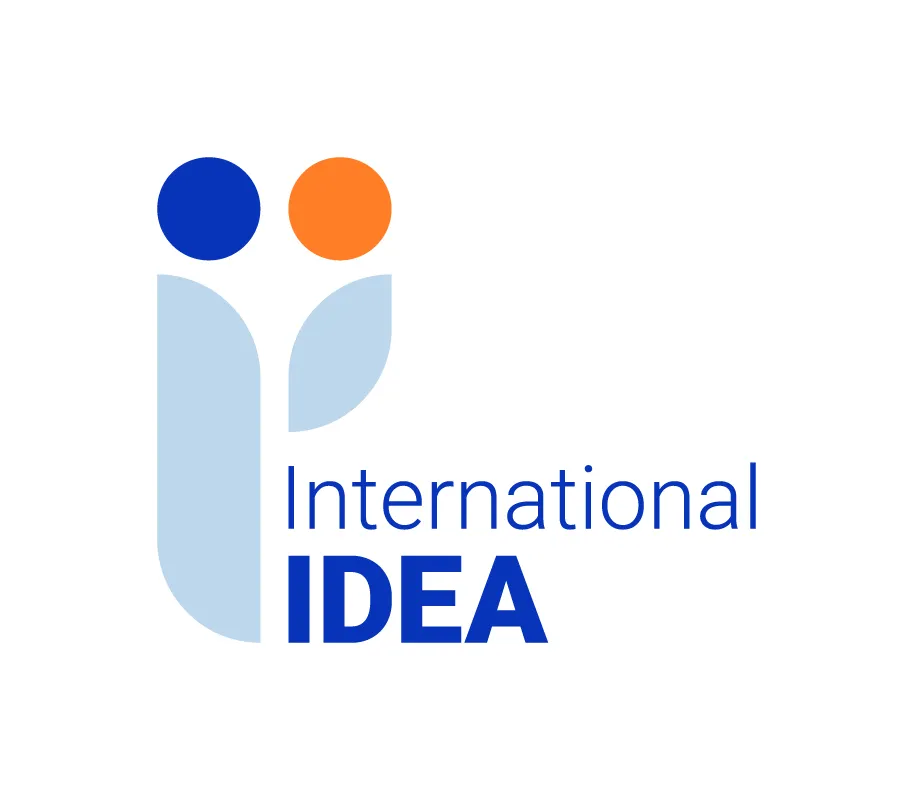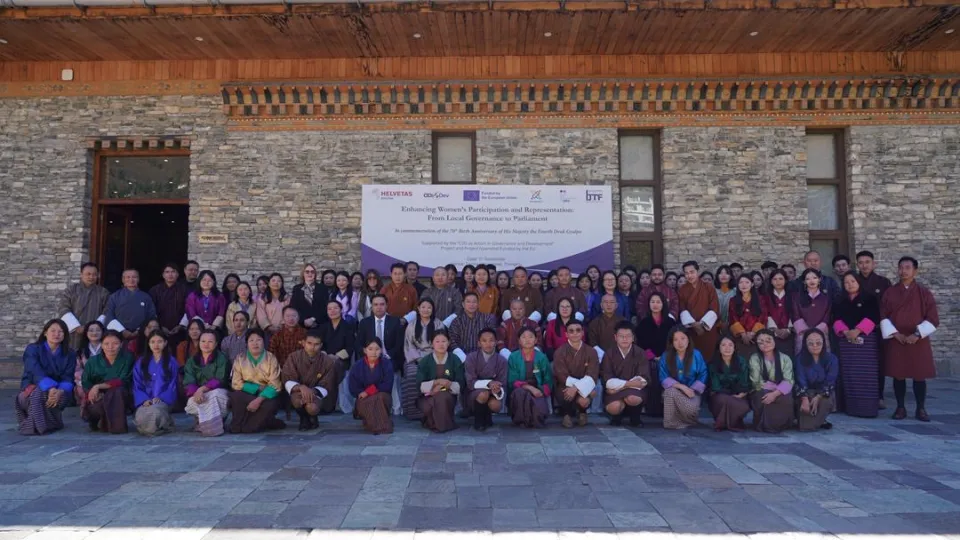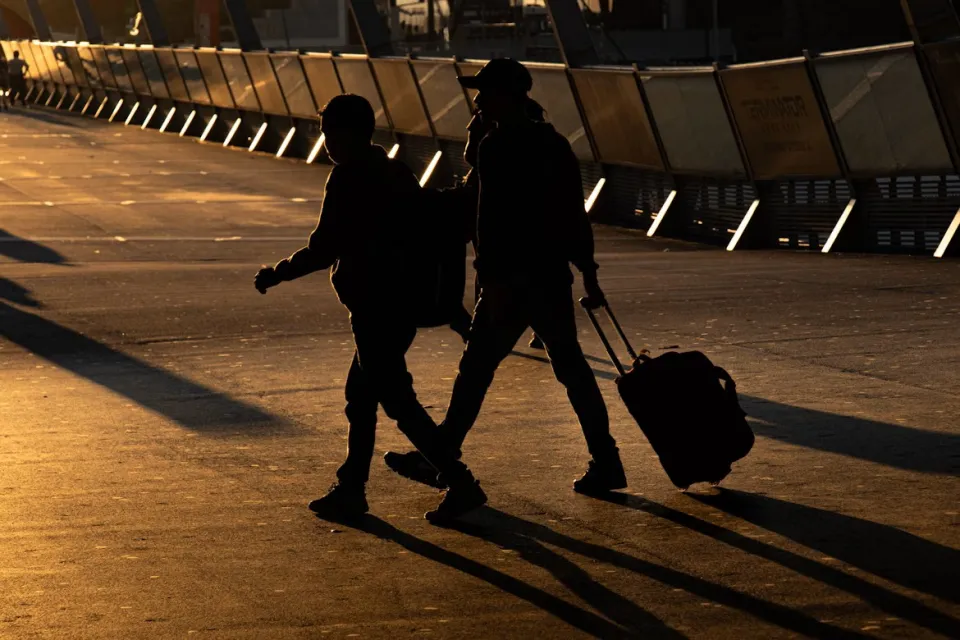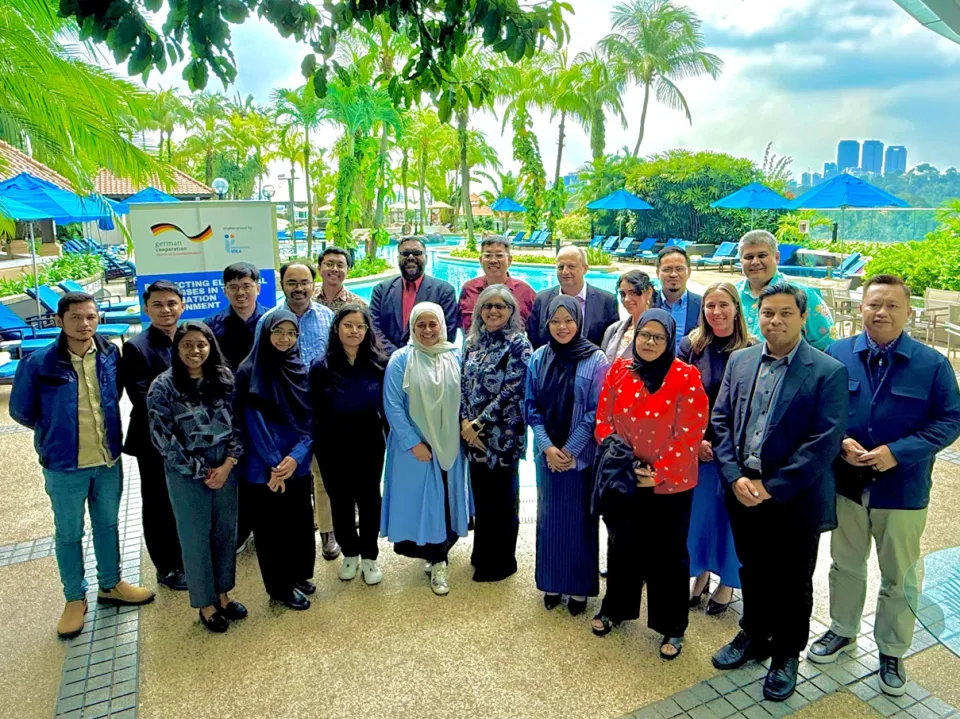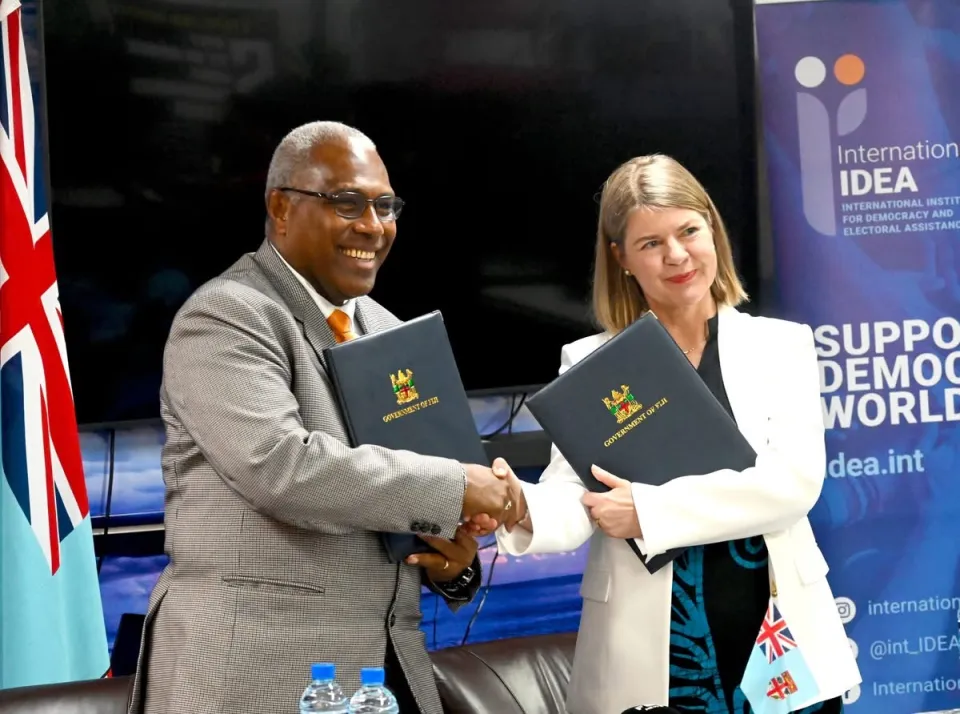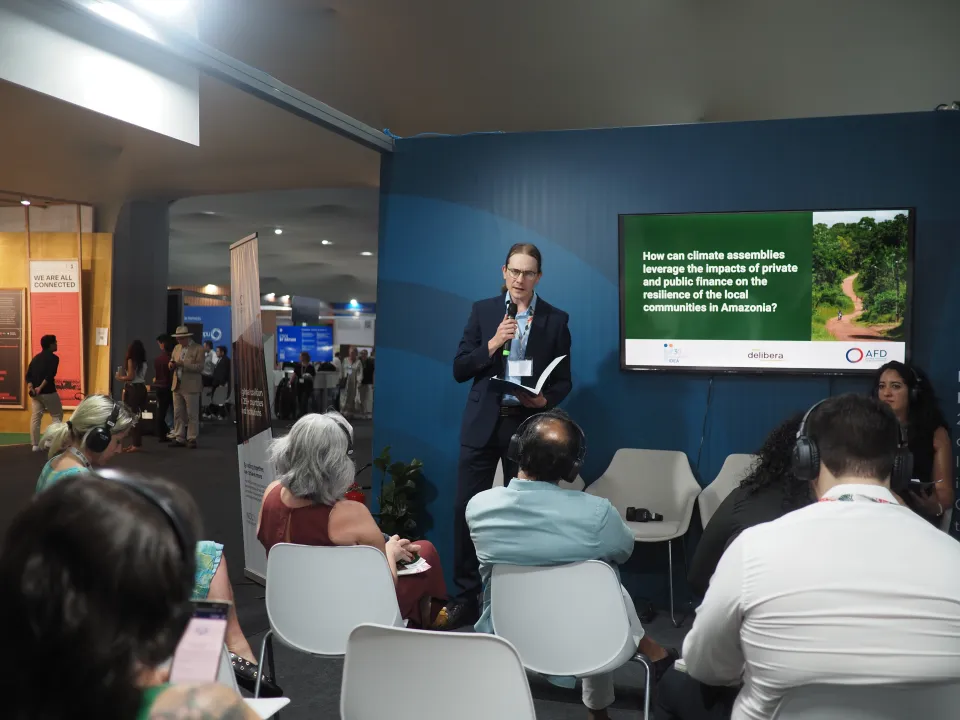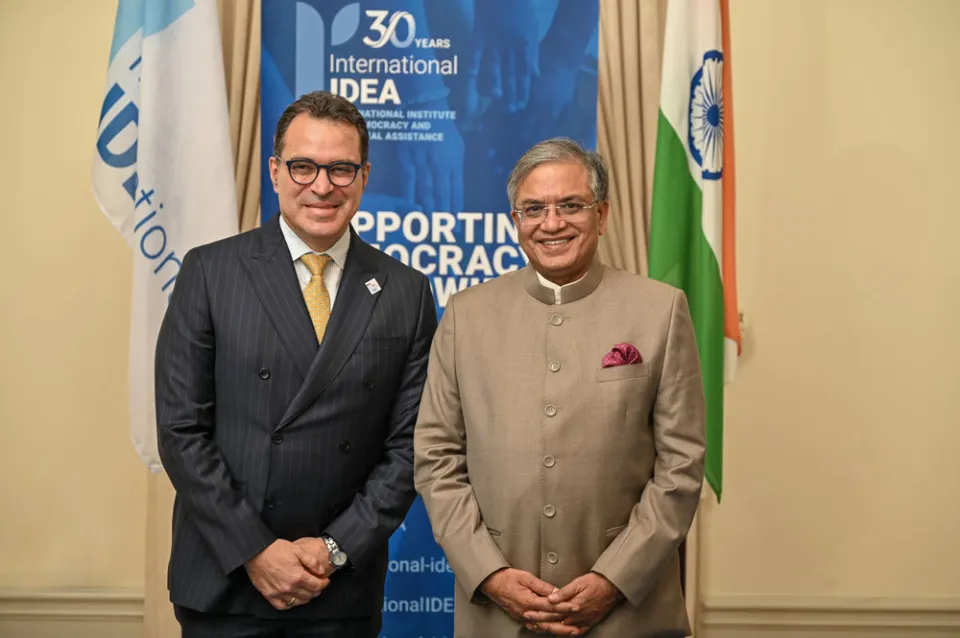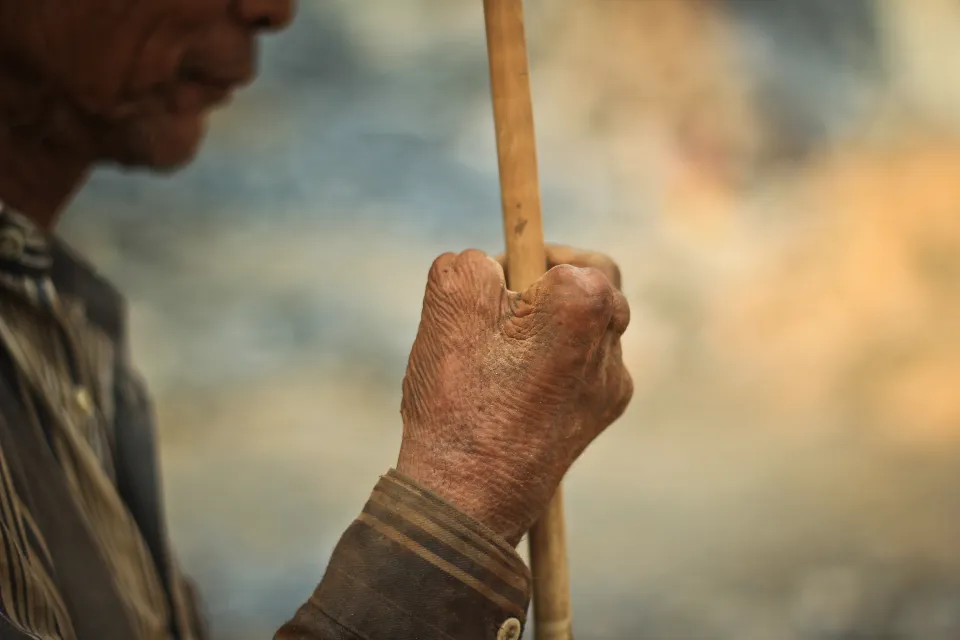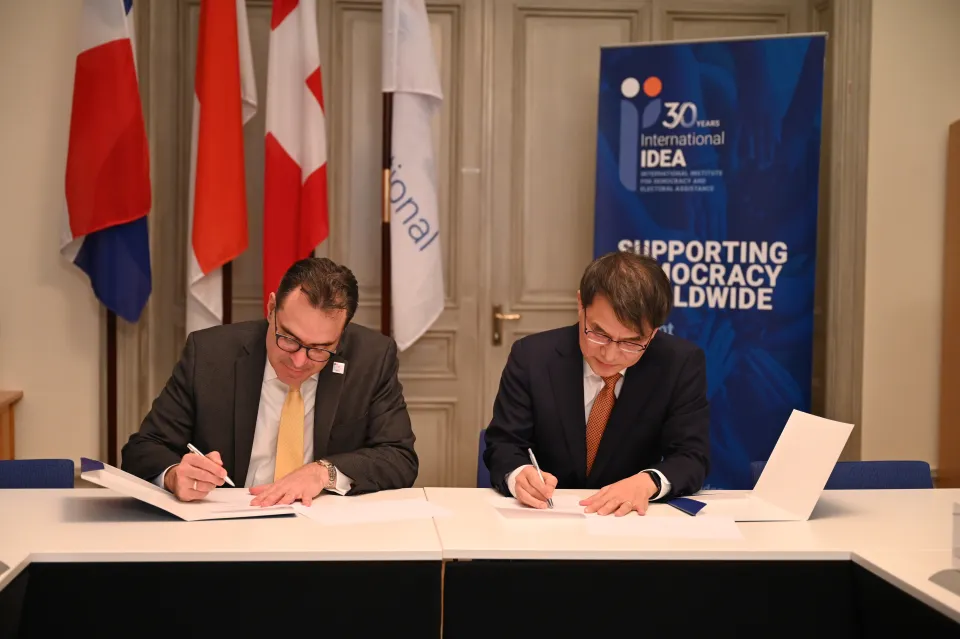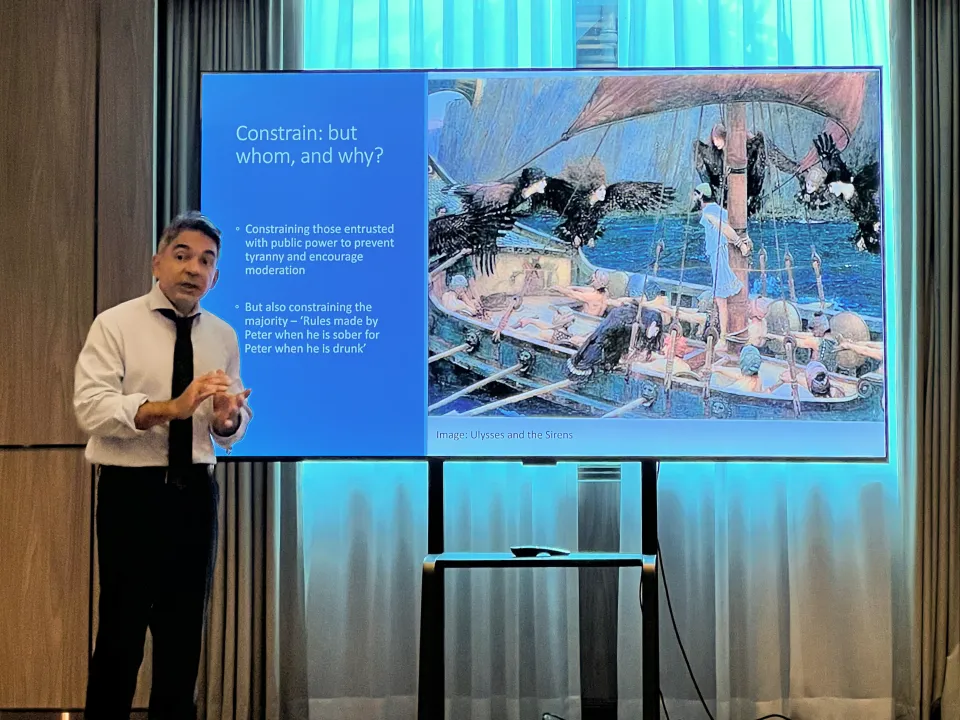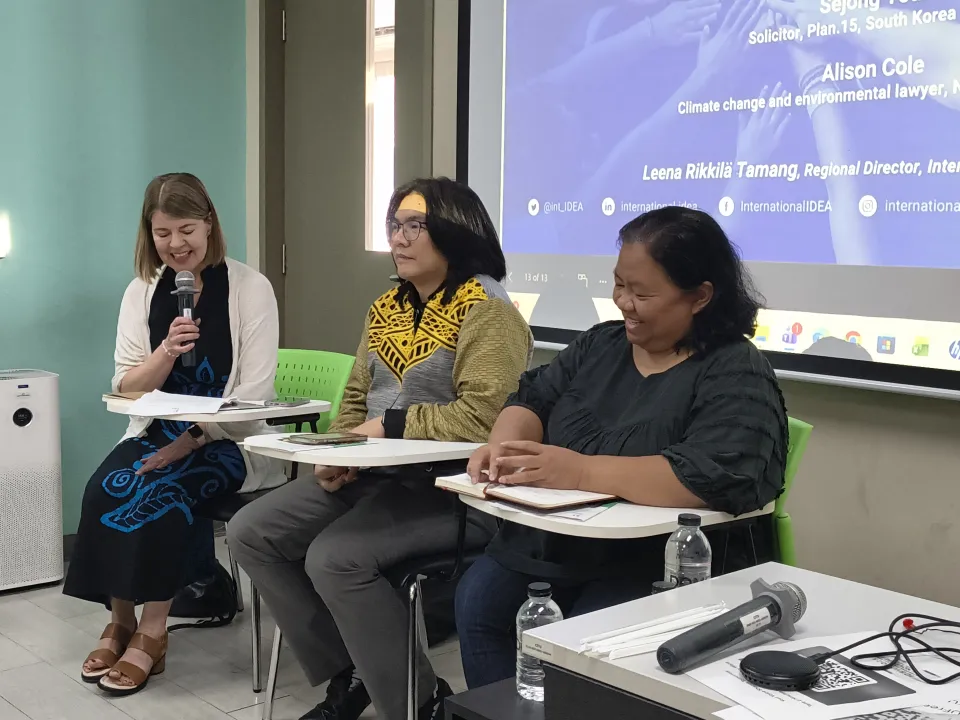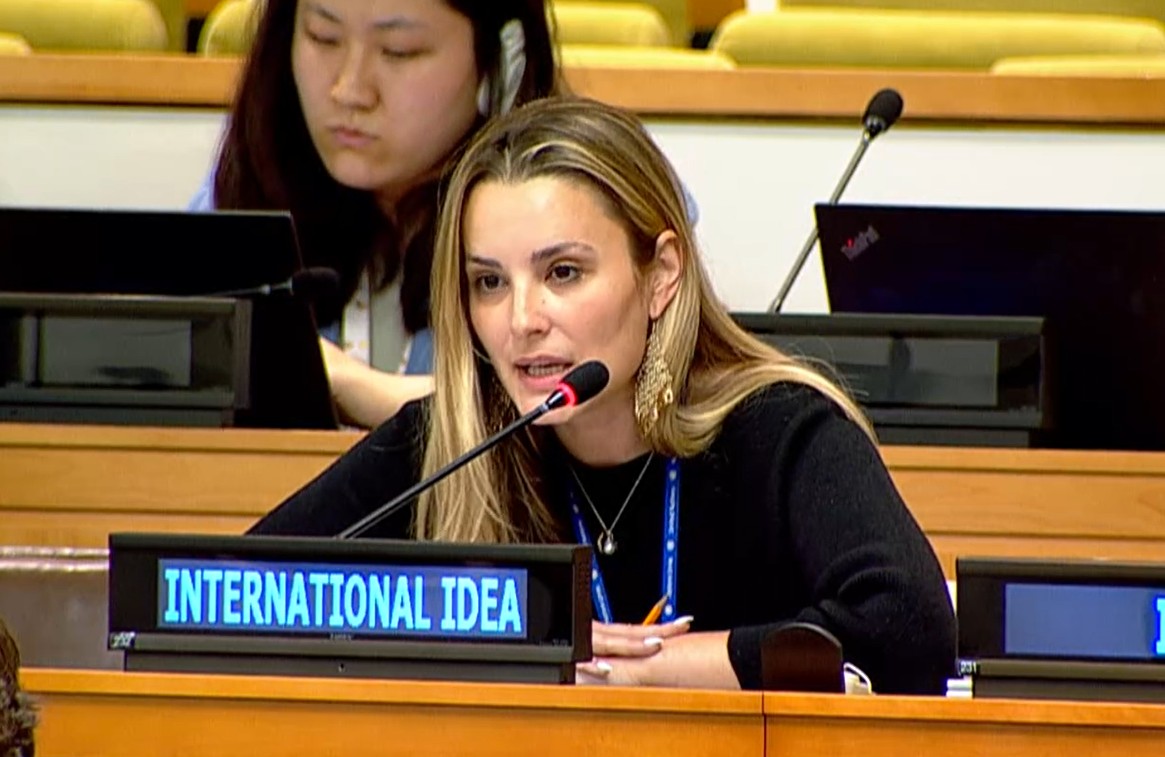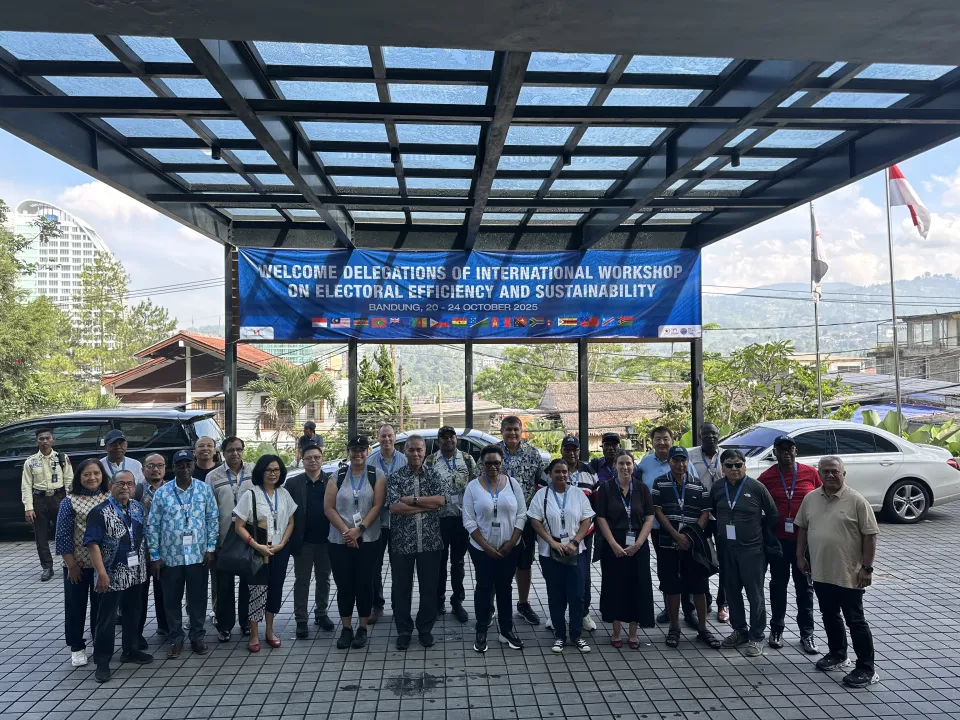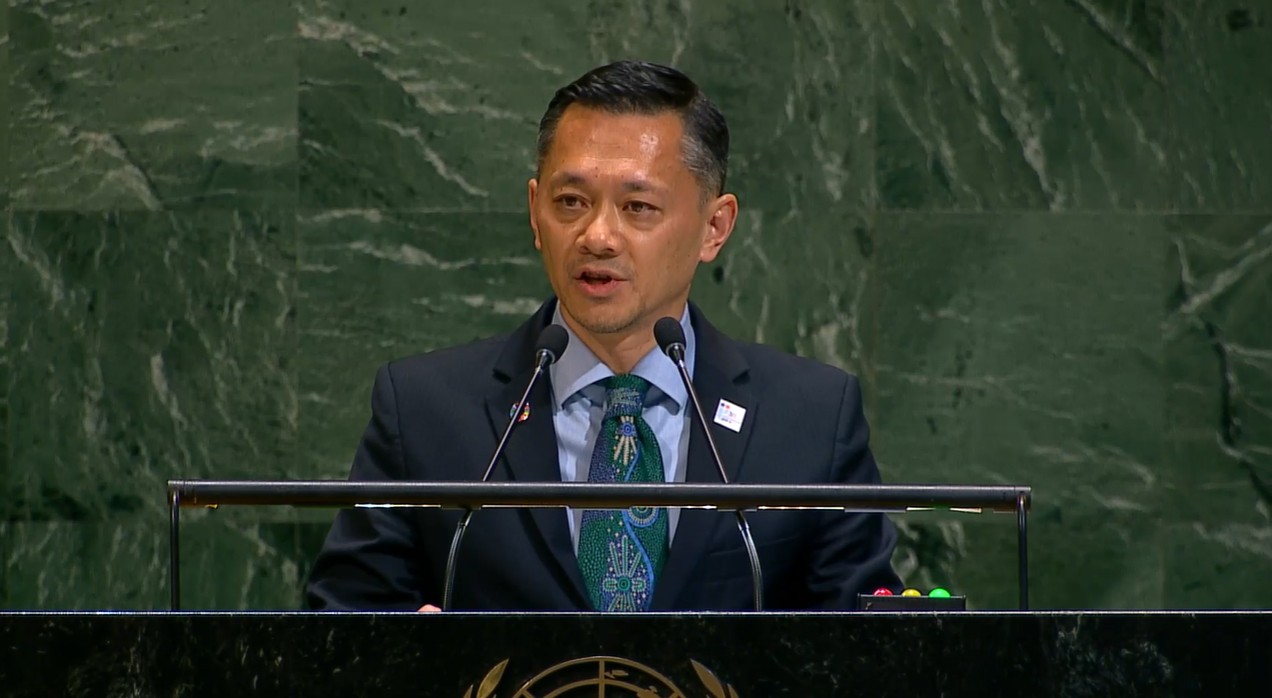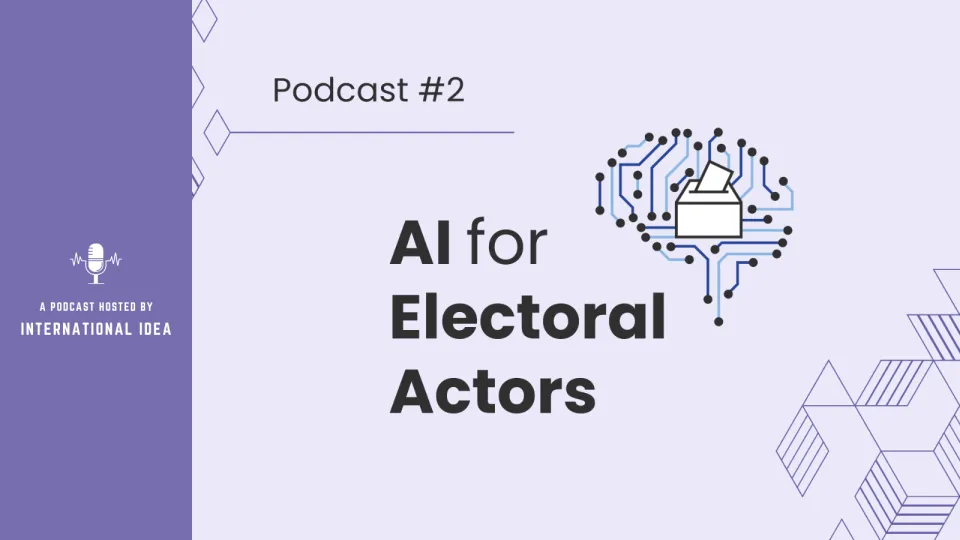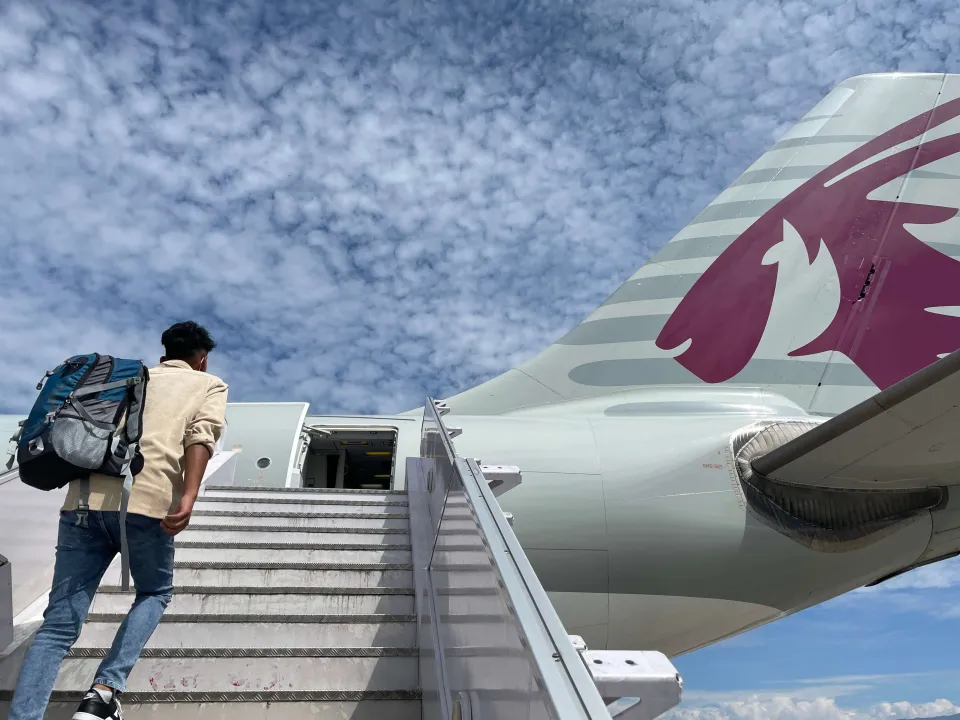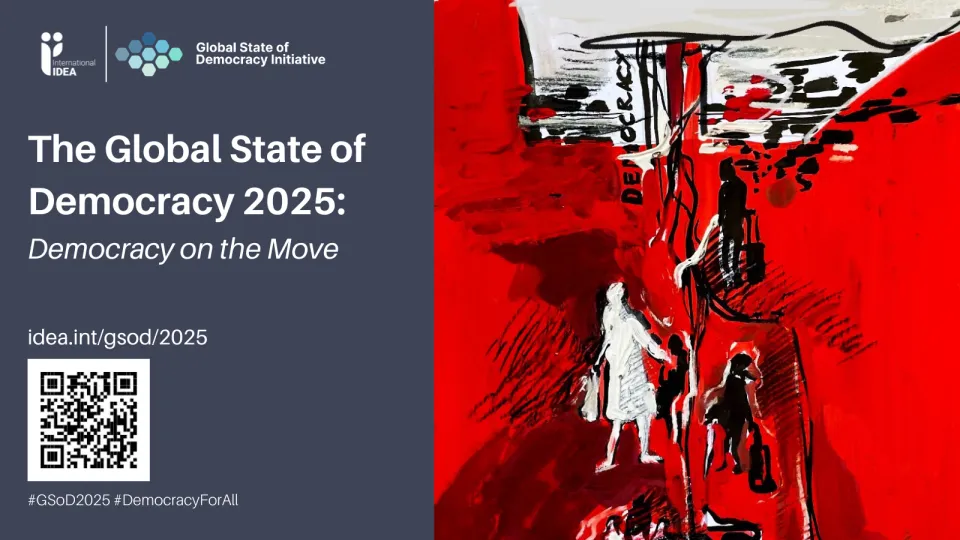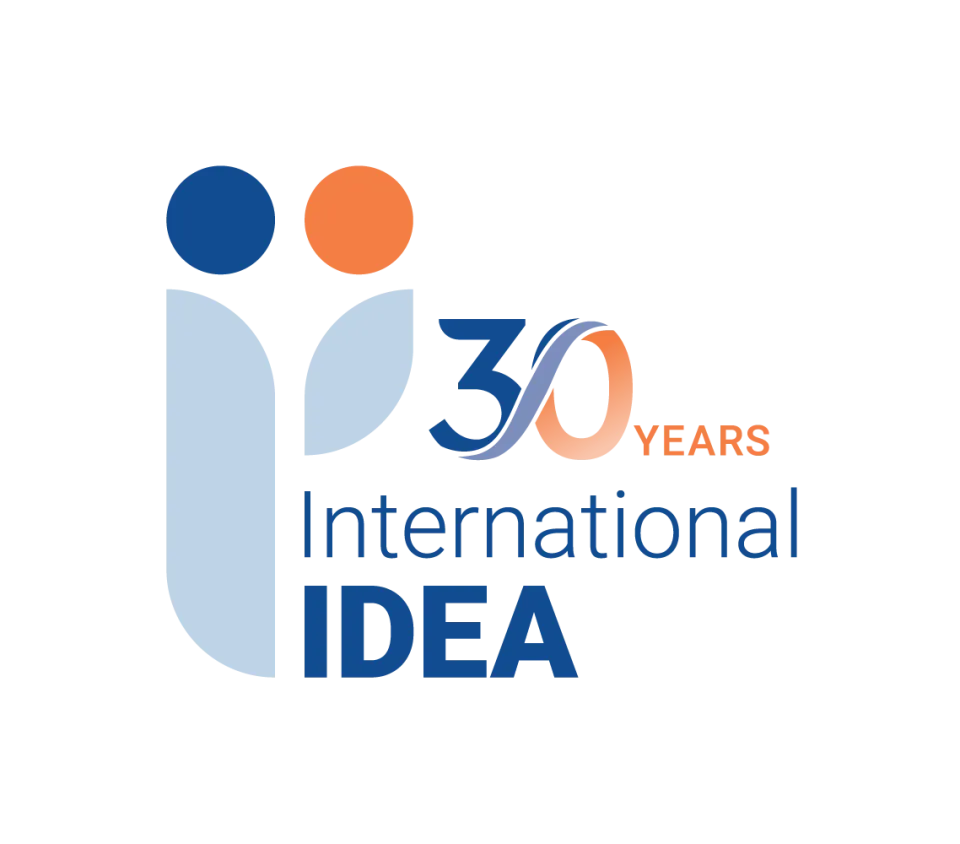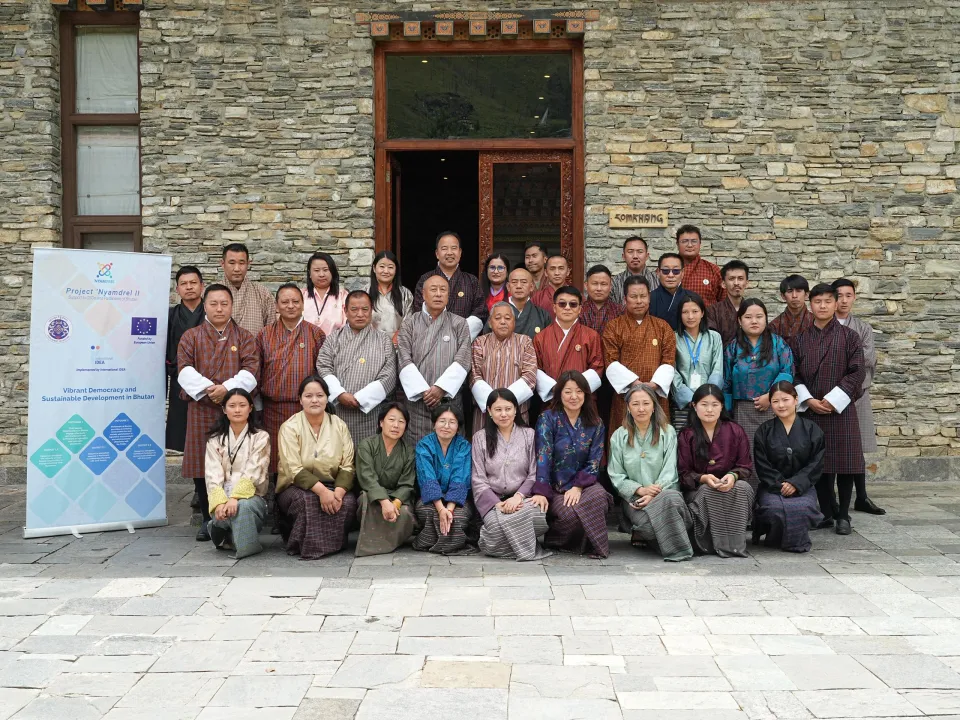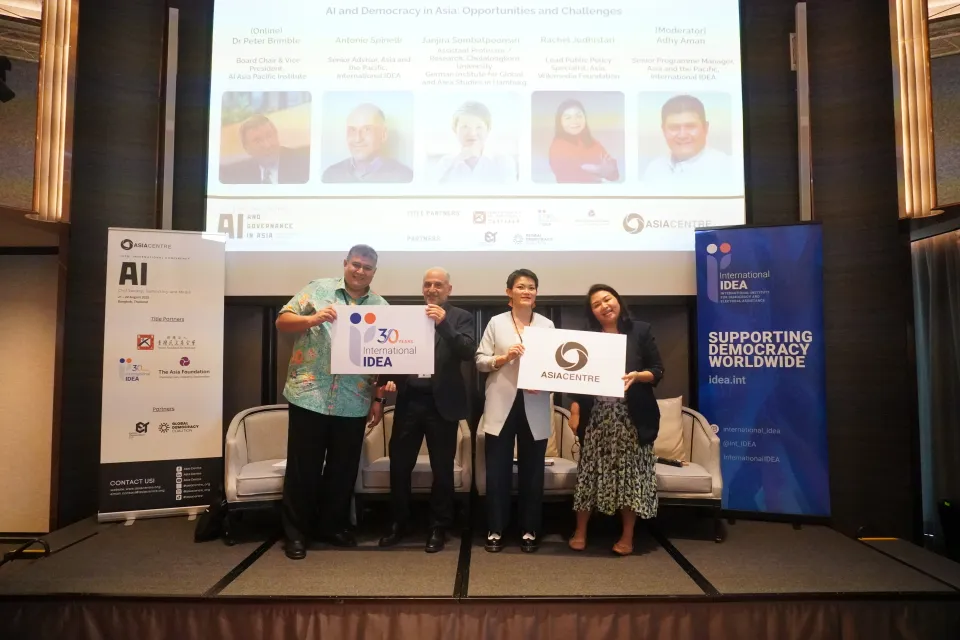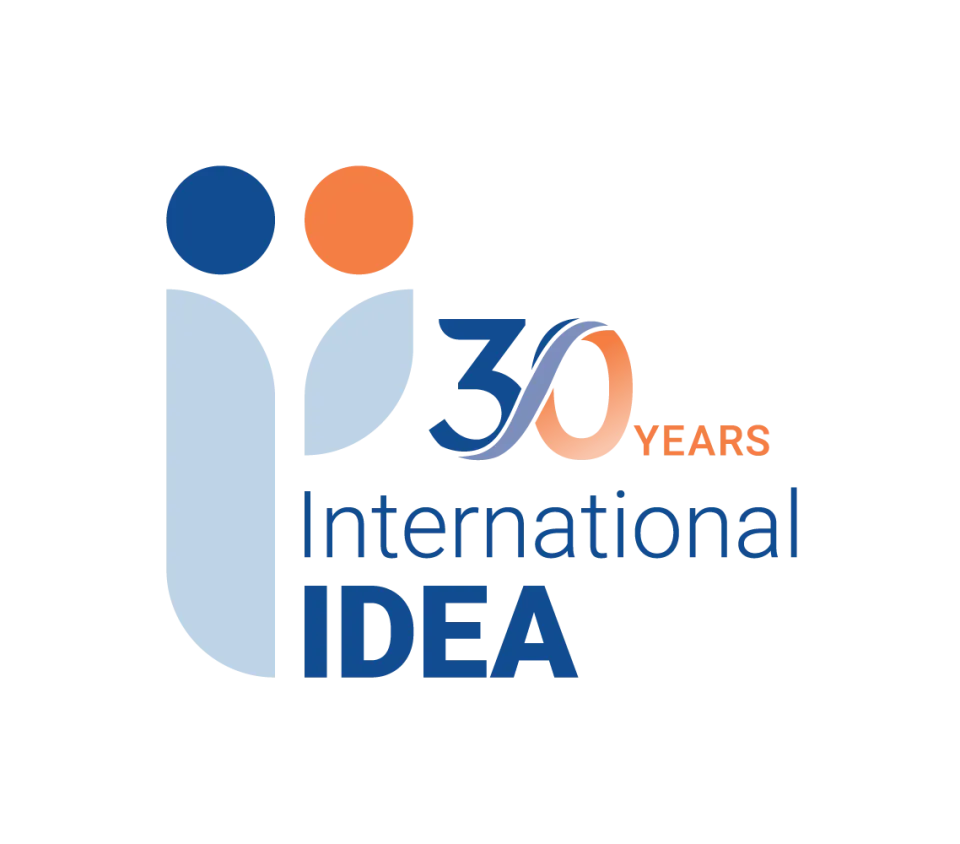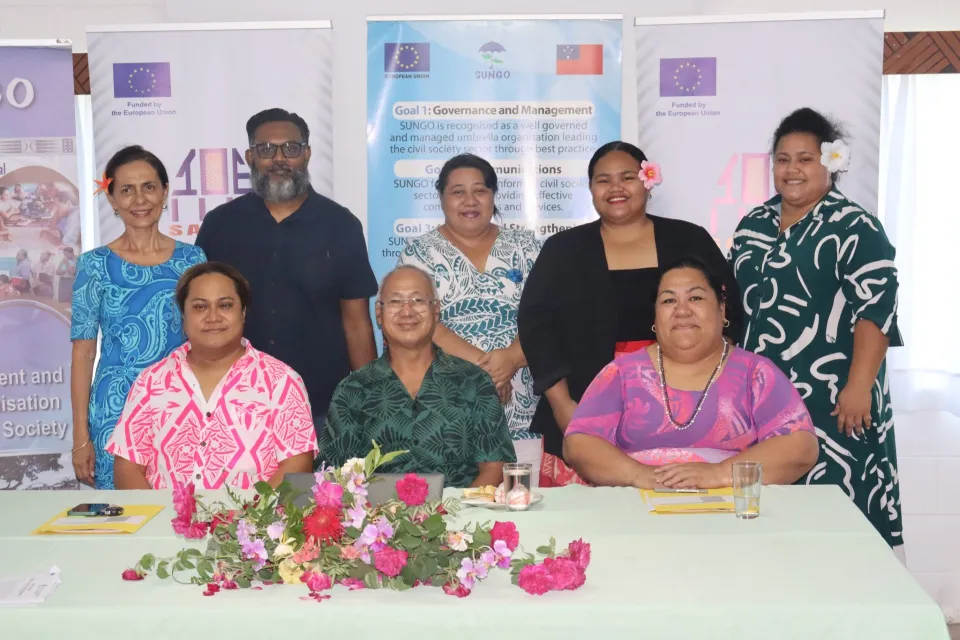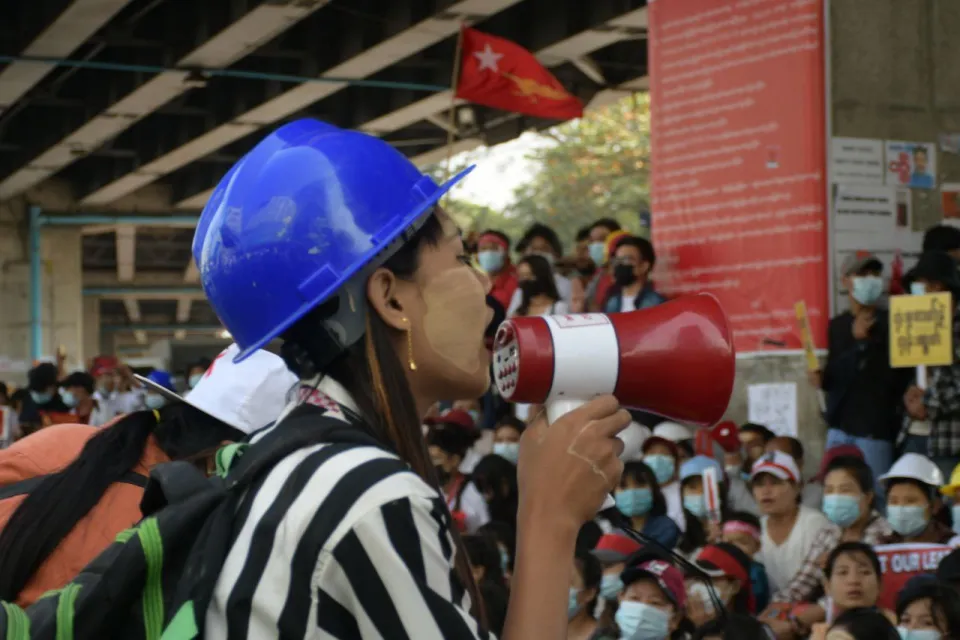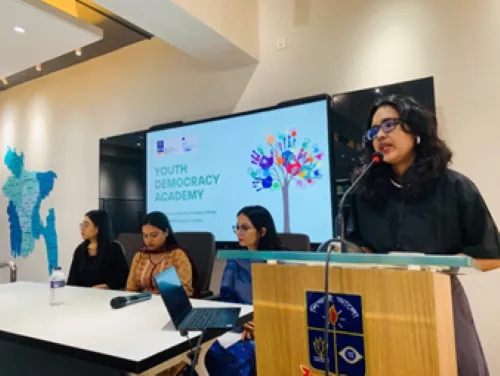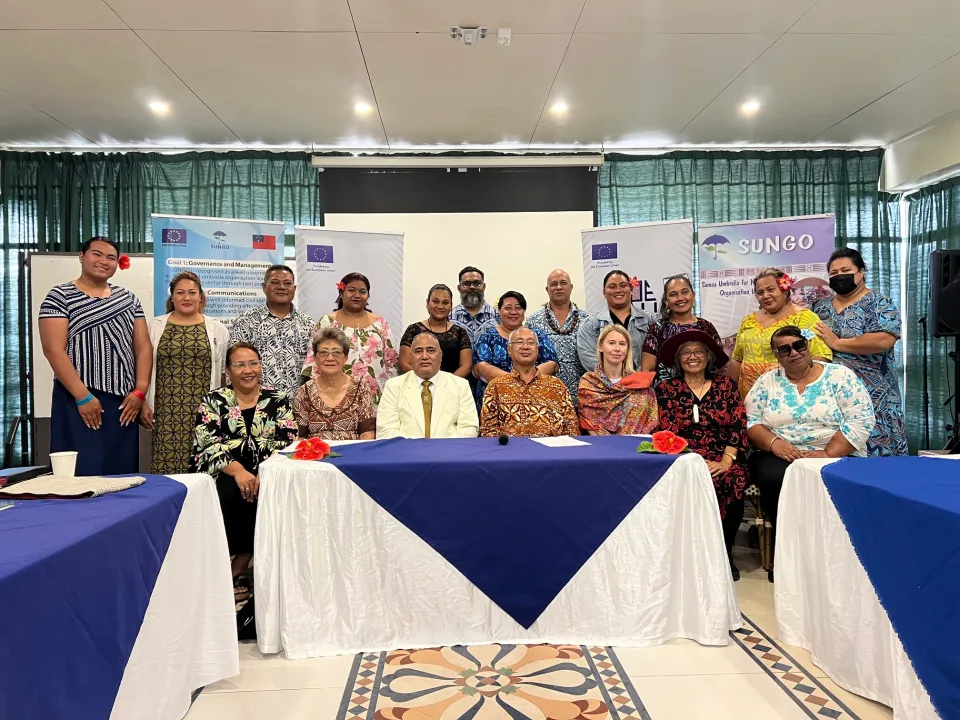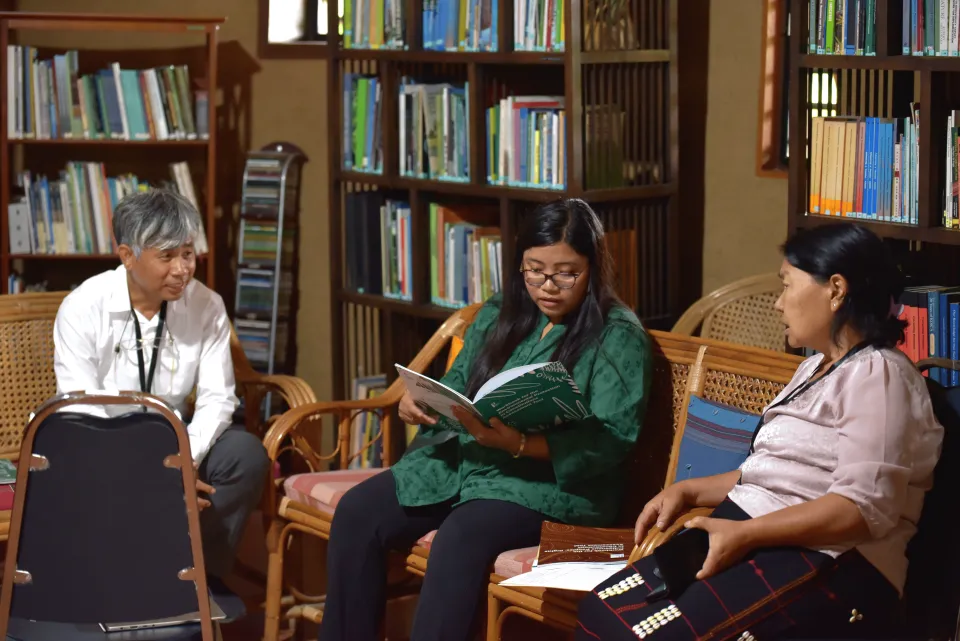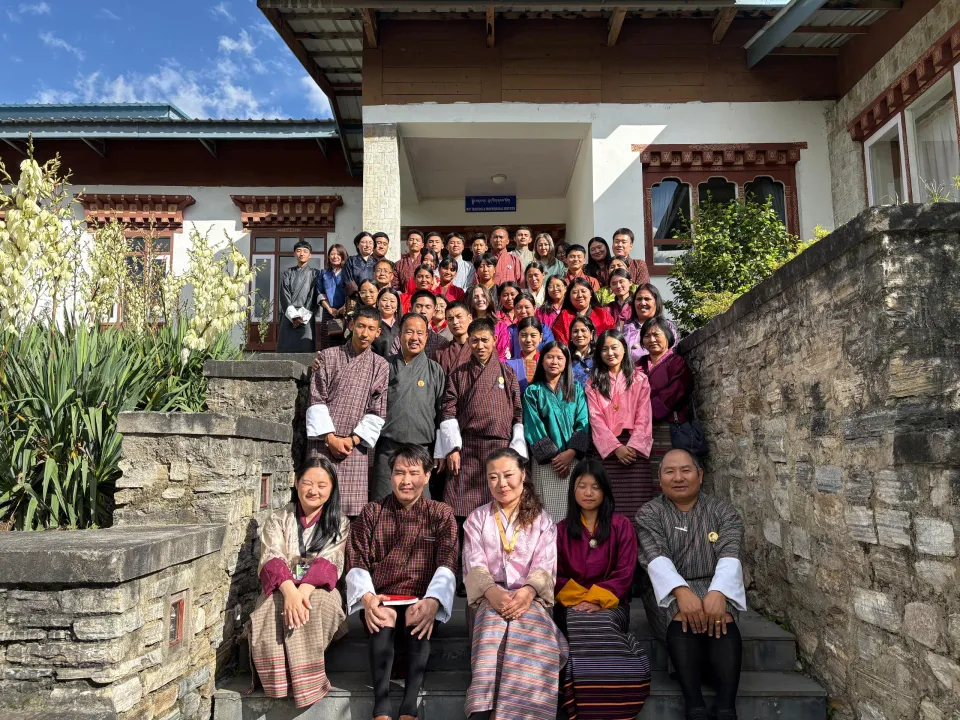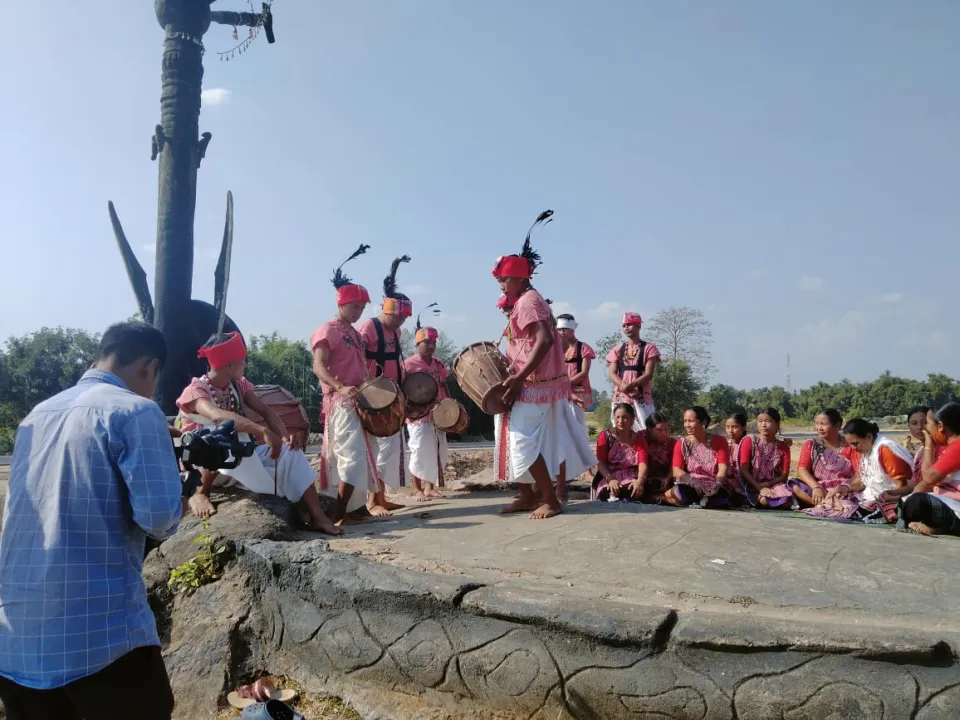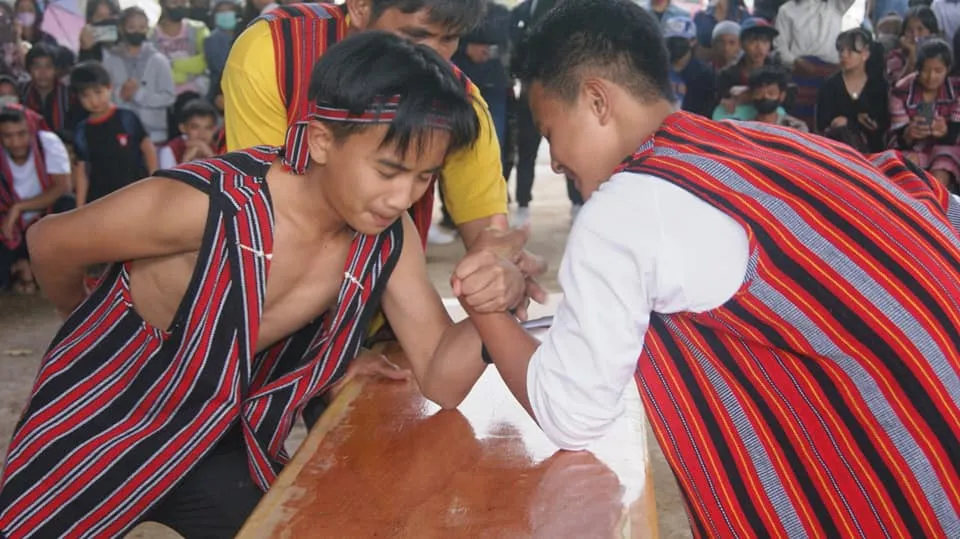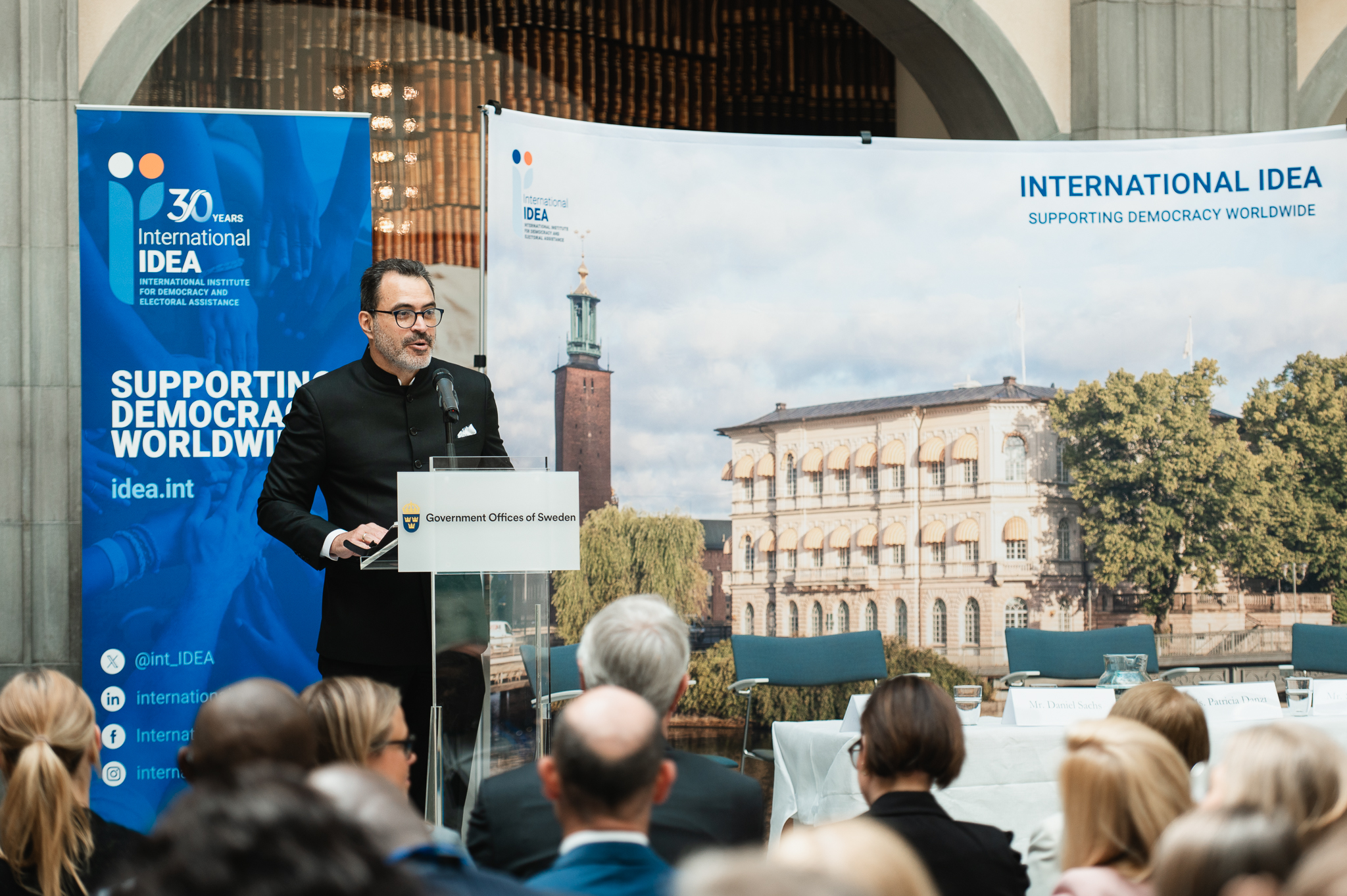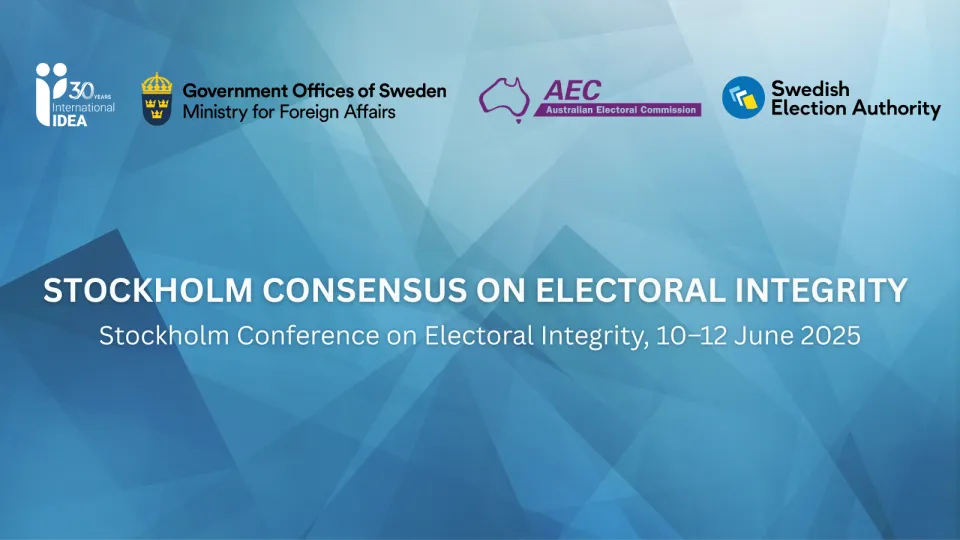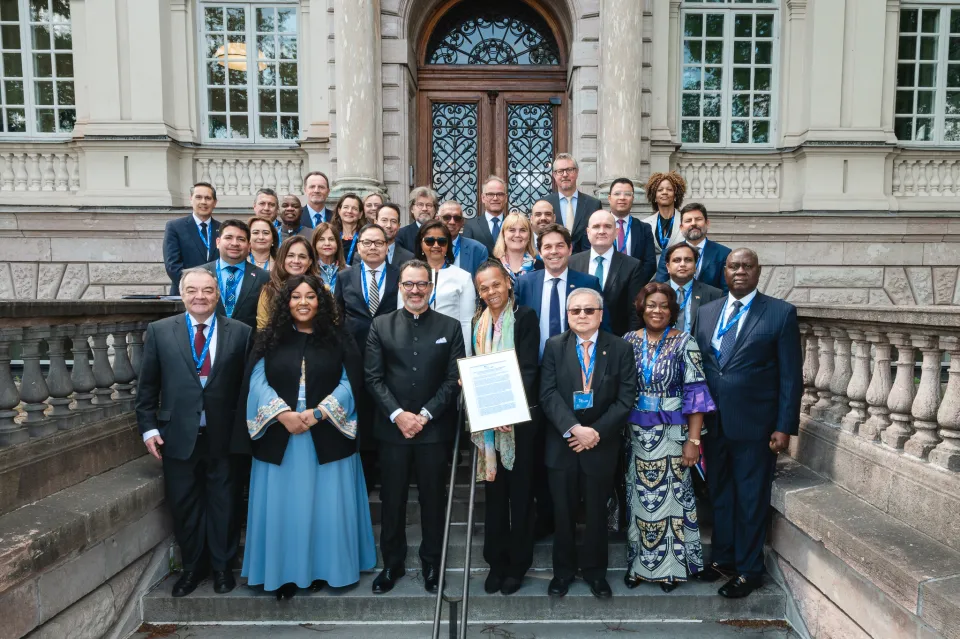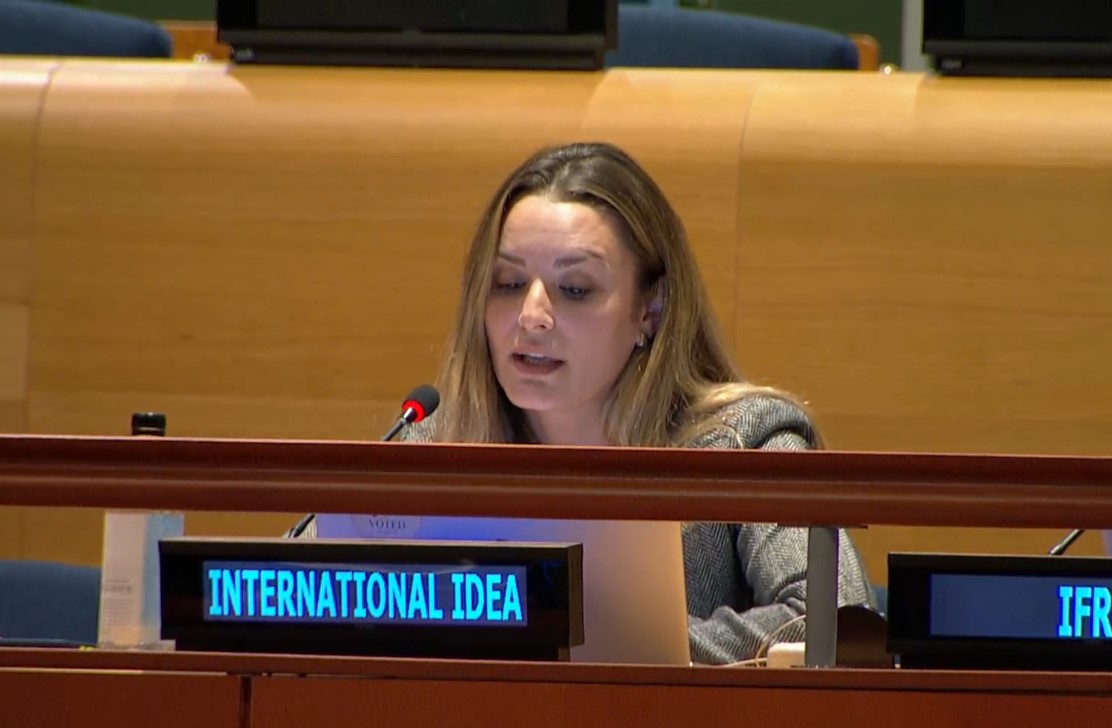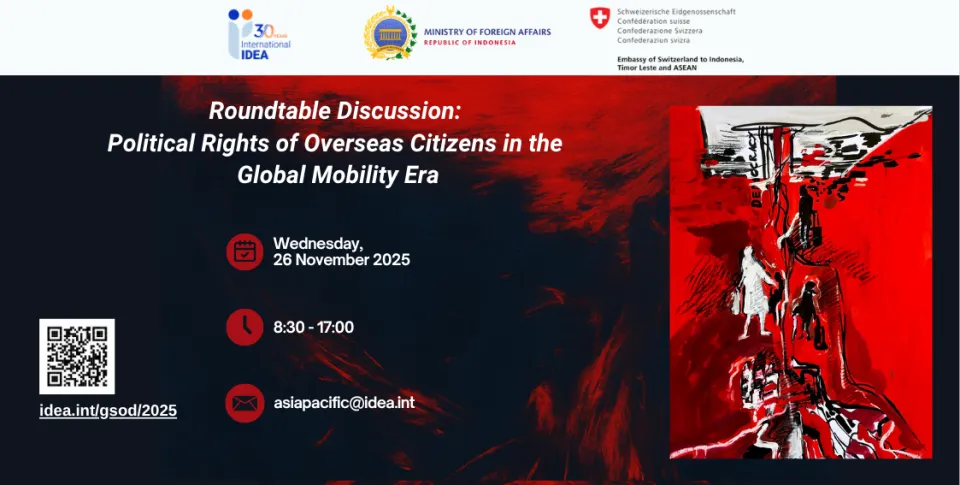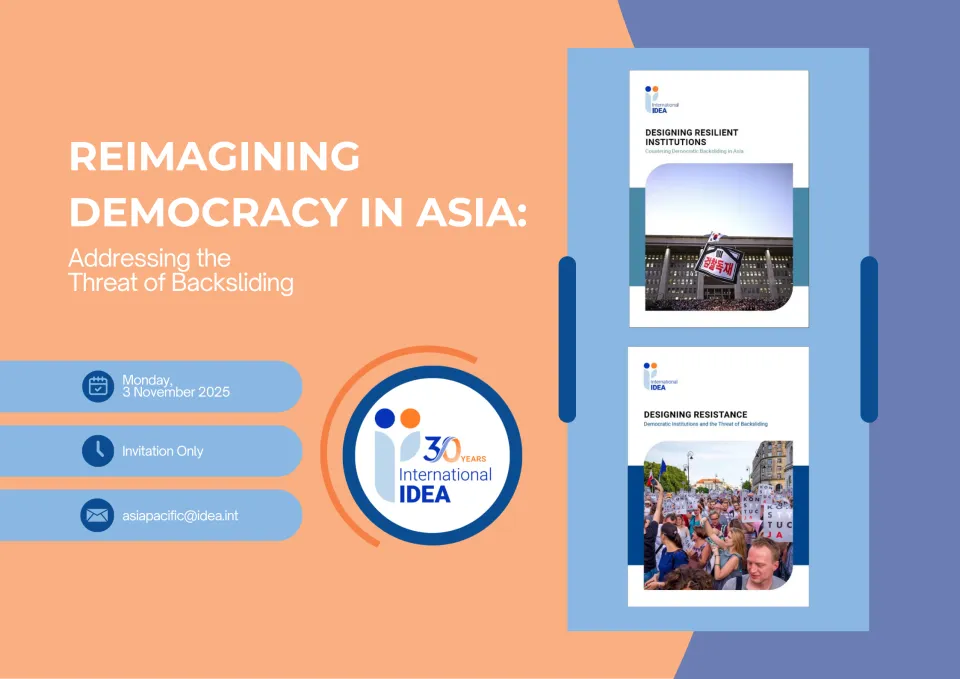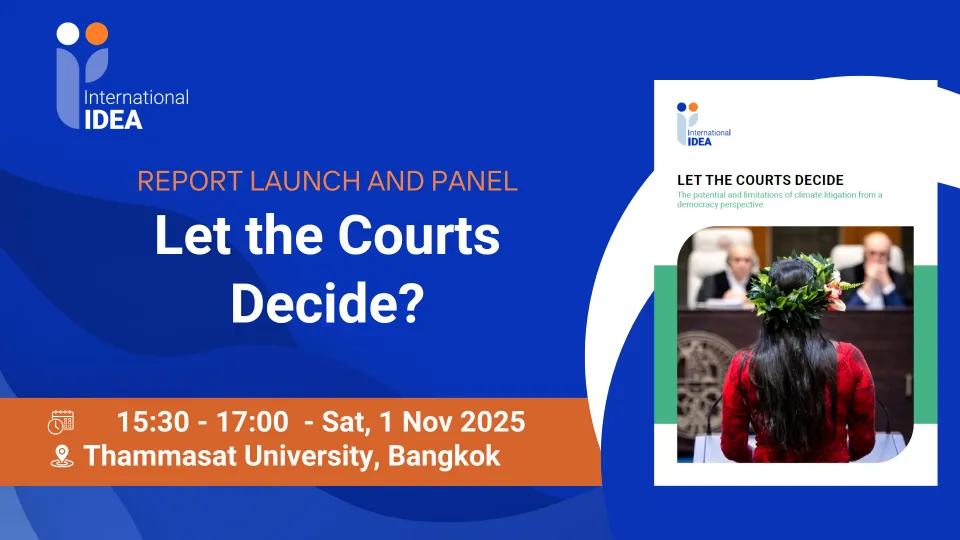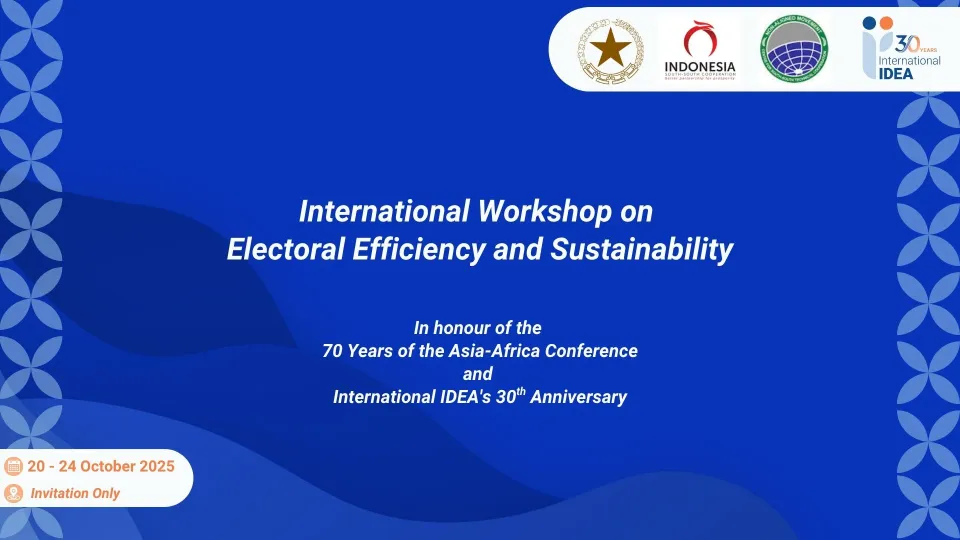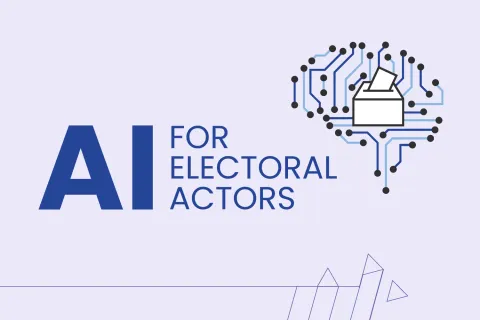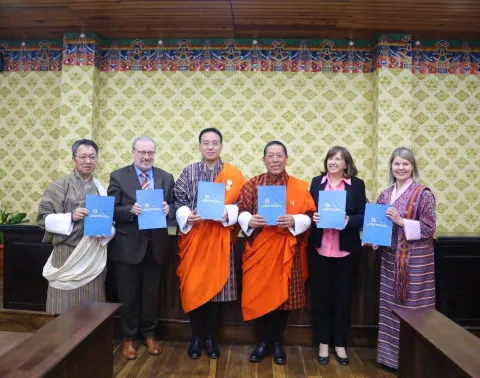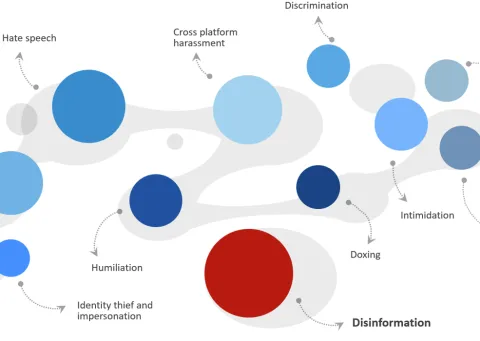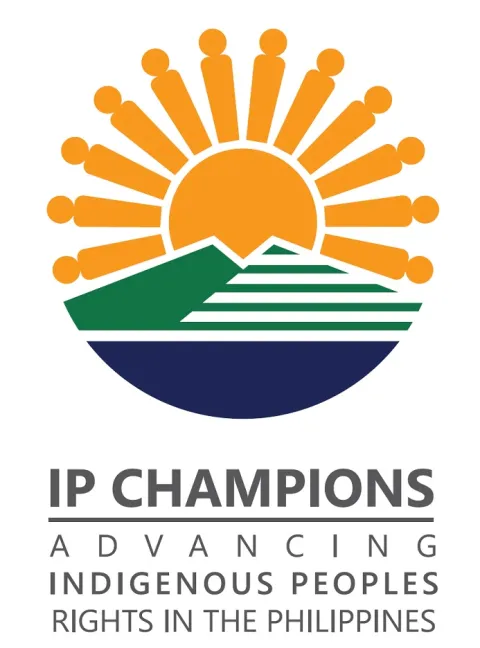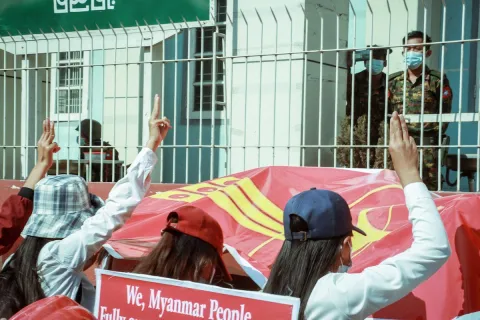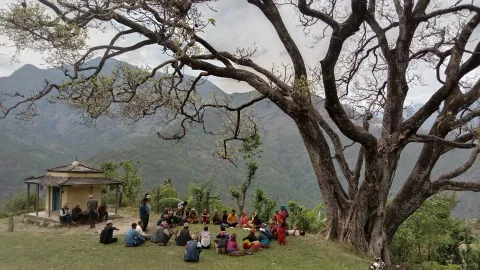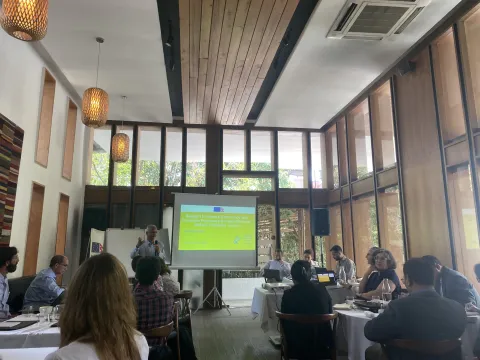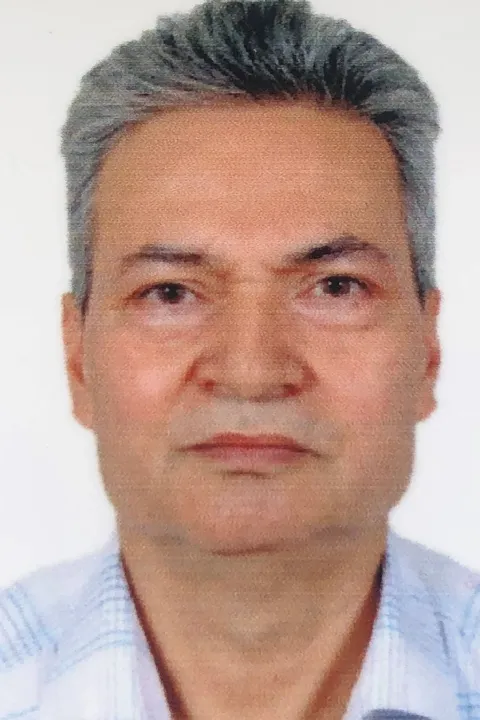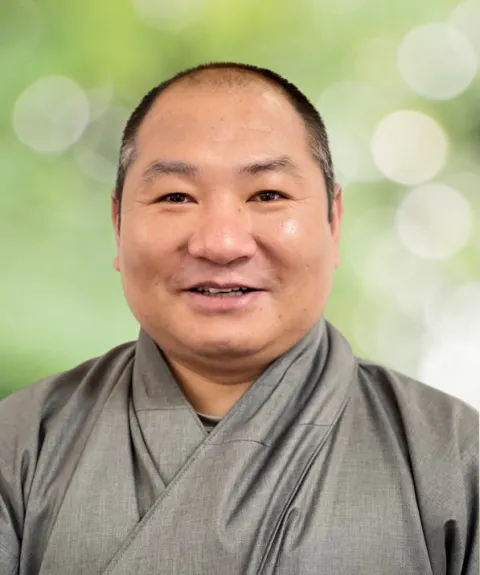Asia & the Pacific
We work to foster political dialogues that protect and restore democracy in a region that includes established and emerging democracies, states with single-party rule, and military dictatorships.
International IDEA engages with academic institutions, national and subnational parliaments to strengthen the quality of democratic development and improve inclusion and representation. International IDEA also produces publications, tools and curriculums and facilitates political dialogues for democratic outcomes.
International IDEA works from our regional office in Canberra, Australia, and holds offices in Bhutan and Nepal. We also have activities in Fiji, Samoa, Melanesia, Mongolia, Philippines and Indonesia.
Updates
Events
Related projects
Our experts
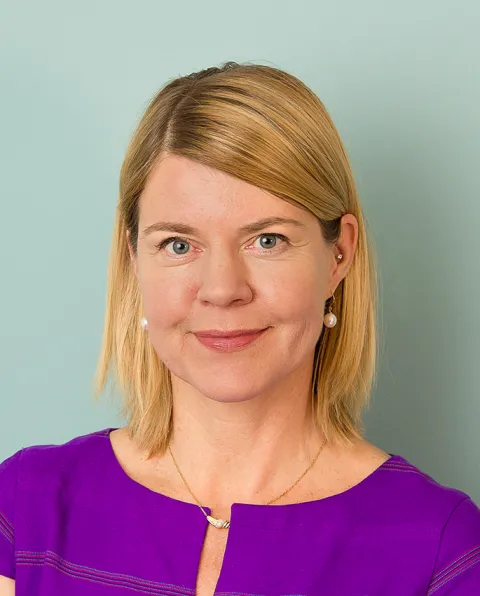
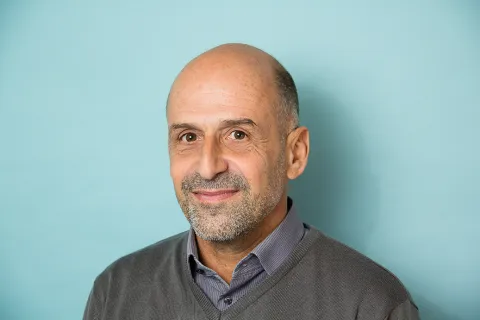
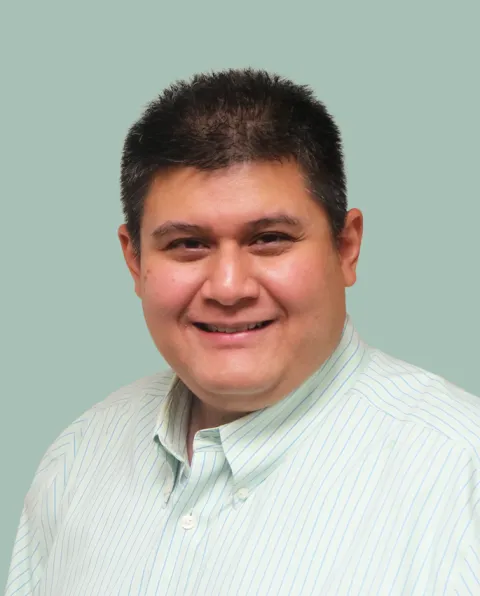
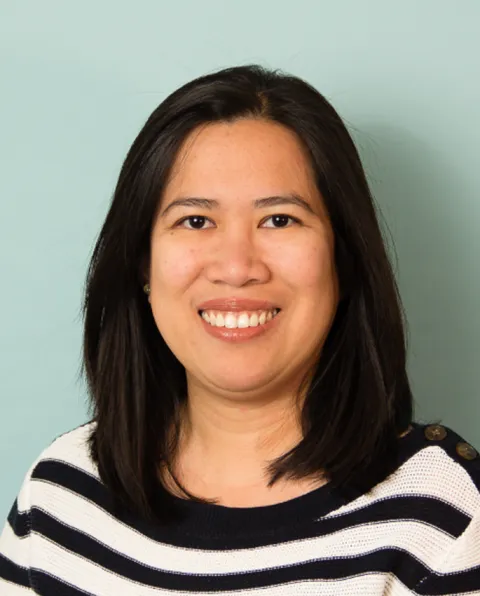
Partners
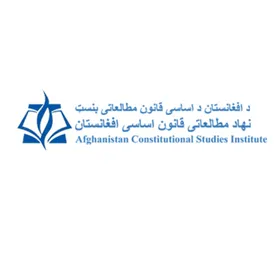 Afghanistan Constitutional Studies Institute
Afghanistan Constitutional Studies Institute
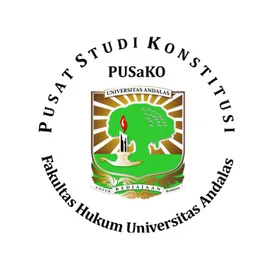 Andalas University, Center for Constitutional Studies (PUSaKO)
Andalas University, Center for Constitutional Studies (PUSaKO)
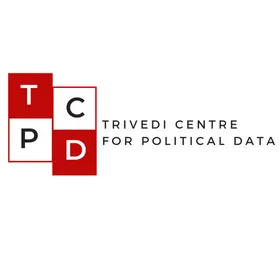 Ashoka University, Trivedi Centre for Political Data
Ashoka University, Trivedi Centre for Political Data
 Asia Media Forum
Asia Media Forum
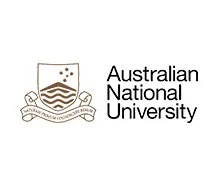 Australian National University
Australian National University
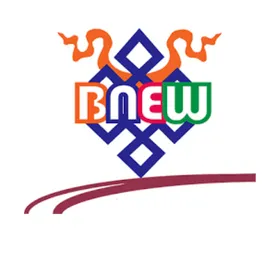 Bhutan Network for Empowering Women
Bhutan Network for Empowering Women
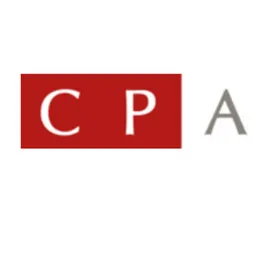 Centre for Policy Alternatives
Centre for Policy Alternatives
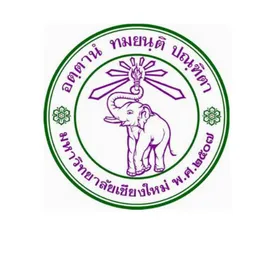 Chiang Mai University, Faculty of Law
Chiang Mai University, Faculty of Law
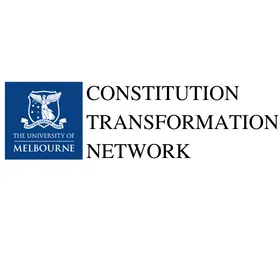 Constitution Transformation Network
Constitution Transformation Network
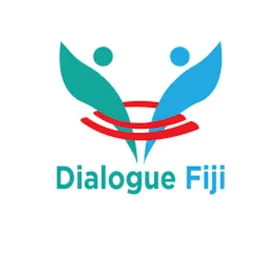 Dialoge Fiji
Dialoge Fiji
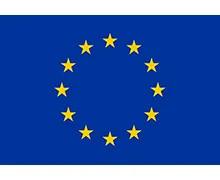 European Union
European Union
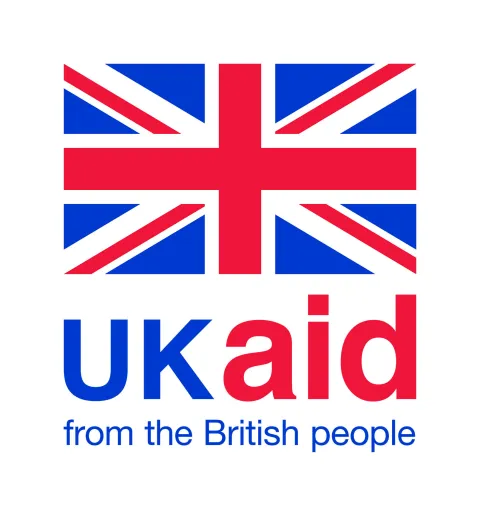 Foreign, Commonwealth & Development Office / UKaid
Foreign, Commonwealth & Development Office / UKaid
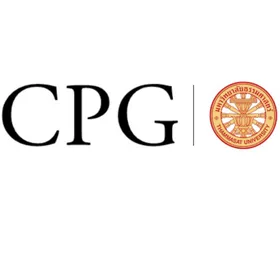 German-Southeast Asian Centre for Policy and Government at Thammasat University
German-Southeast Asian Centre for Policy and Government at Thammasat University
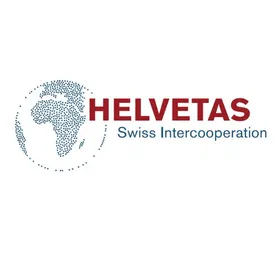 Helvetas
Helvetas
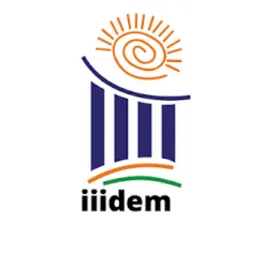 India International Institute of Democracy and Election Management
India International Institute of Democracy and Election Management
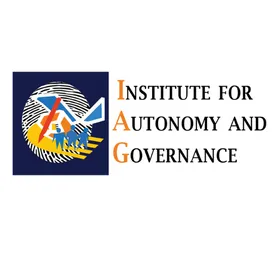 Institute for Autonomy and Governance
Institute for Autonomy and Governance
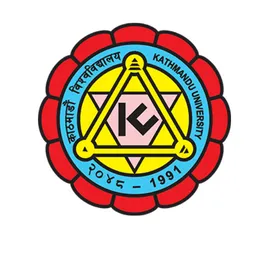 Kathmandu University, School of Arts
Kathmandu University, School of Arts
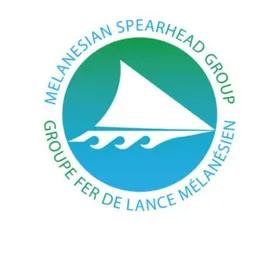 Melanesian Spearhead Group Secretariat
Melanesian Spearhead Group Secretariat
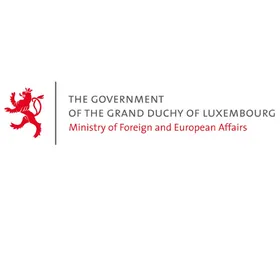 Luxembourg Ministry of Foreign and European Affairs
Luxembourg Ministry of Foreign and European Affairs
 Melanesian Spearhead Group Secretariat
Melanesian Spearhead Group Secretariat
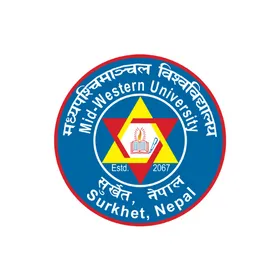 Mid-West University
Mid-West University
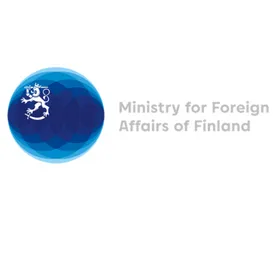 Ministry for Foreign Affairs of Finland
Ministry for Foreign Affairs of Finland
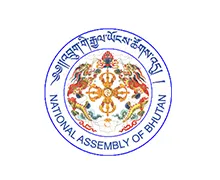 National Assembly of Bhutan
National Assembly of Bhutan
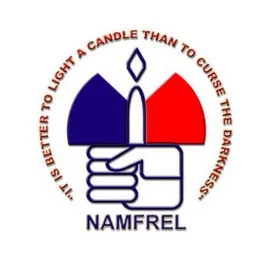 National Citizens' Movement for Free Elections
National Citizens' Movement for Free Elections
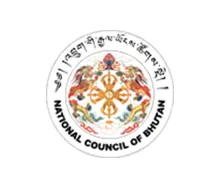 National Council of Bhutan
National Council of Bhutan
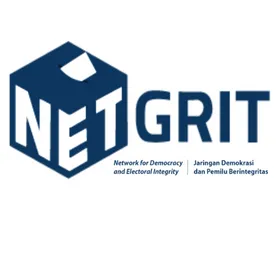 Network for Democracy and Electoral Integrity (NETGRIT)
Network for Democracy and Electoral Integrity (NETGRIT)
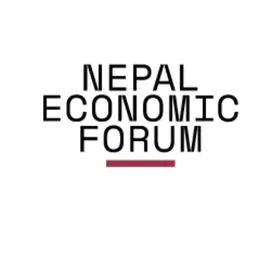 Nepal Economic Forum
Nepal Economic Forum
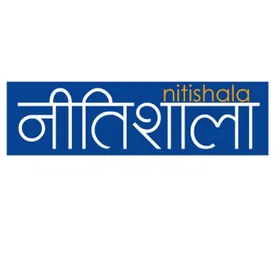 Nitishala
Nitishala
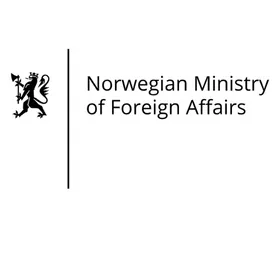 Norwegian Ministry of Foreign Affairs
Norwegian Ministry of Foreign Affairs
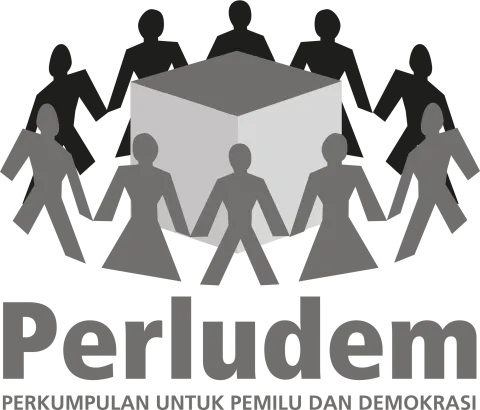 Perludem (Association for Elections and Democracy, Indonesia)
Perludem (Association for Elections and Democracy, Indonesia)
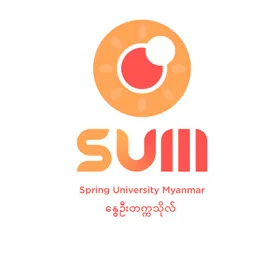 Spring University Myanmar
Spring University Myanmar
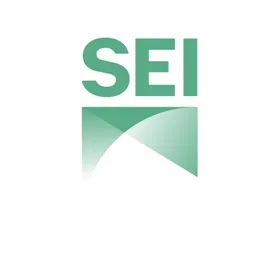 Stockholm Environment Institute, Asia Office
Stockholm Environment Institute, Asia Office
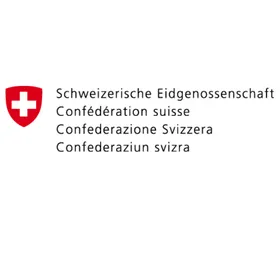 Swiss Agency for Development and Cooperation
Swiss Agency for Development and Cooperation
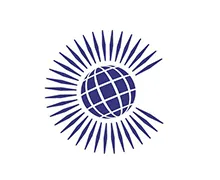 The Commonwealth (Secretariat)
The Commonwealth (Secretariat)
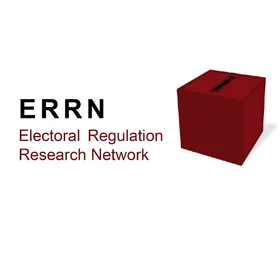 University of Melbourne, Electoral Regulation Research Network
University of Melbourne, Electoral Regulation Research Network
